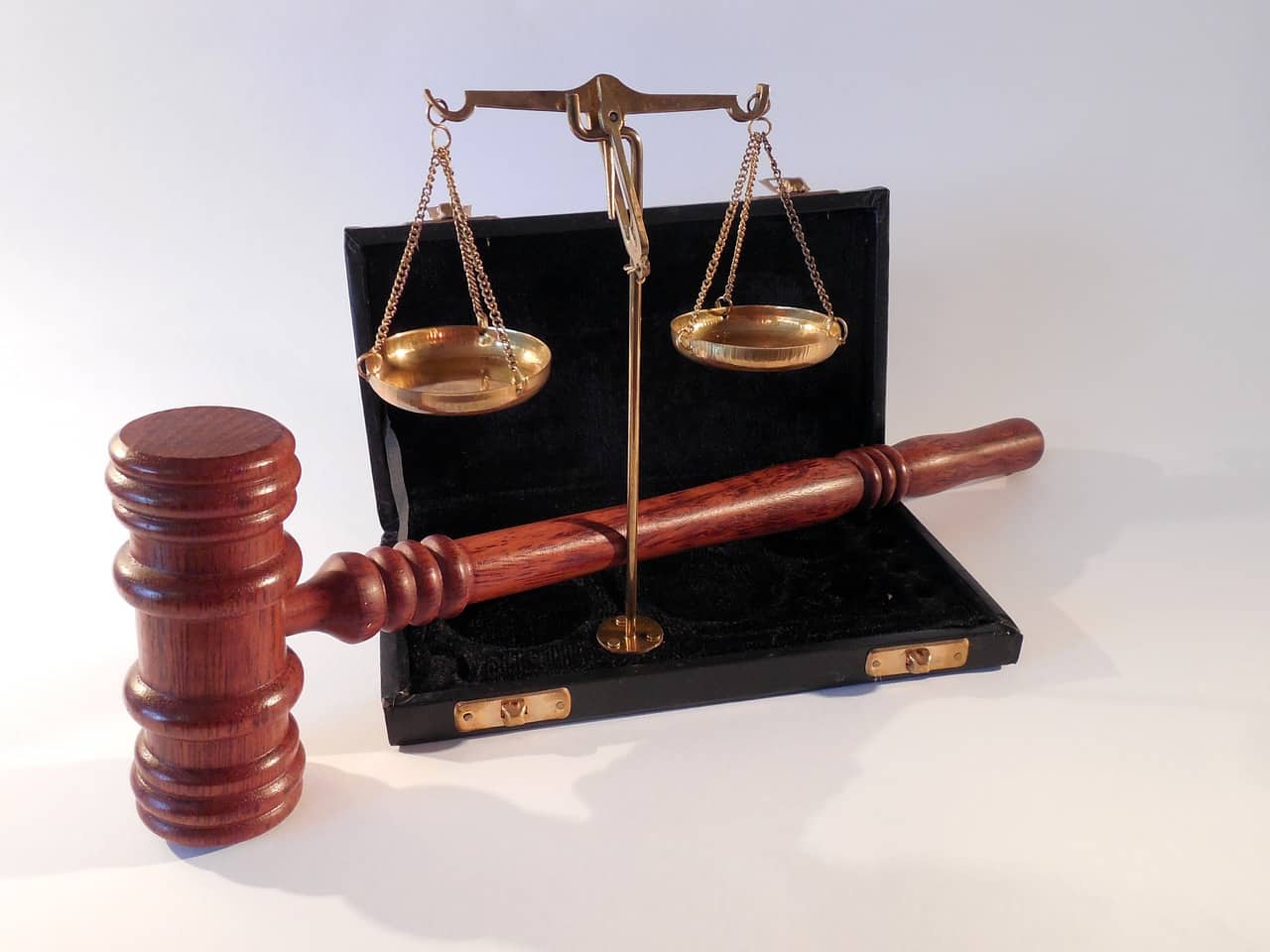4 Things To Know About Criminal Case Appeals

Appeals are extremely misunderstood.
In dozens of crime dramas, brooding detectives snarl about the slick criminal who appealed his conviction and “got off on a legal technicality.” They downplay the fact that legal errors by the judge or the prosecution often represent gross violations of the civil rights of the accused.
Trust us, appeals are important.
Nevertheless, you shouldn’t hang all your hopes on them. Here’s why.
Page Contents
- They are not new trials.
- If you’re going to file one, you don’t have much time.
- They will not get you out of jail very quickly.
- It’s really hard to win an appeal.
They Are Not New Trials.
Most people seem to believe appeals are a sort of second trial, a Round II of the justice process that allows the accused to see if he or she can get a better result with a new judge and jury.
In reality, while the outcome of an appeal may be the court’s willingness to grant the accused a second trial, the appeal itself isn’t about that. It’s about whether either the lawyers or the judges involved in the case committed a legal violation that represented a breach of the accused civil rights, and whether that breach had a substantive impact on the outcome of the case.
Far from being mere technicalities, these violations are extremely important. Some common ones include:
- Brady violations – In which the prosecution fails to turn exculpatory evidence over to the accused’s defense team.
- Ineffective assistance of counsel – In which the accused’s lawyer made a gross case misstep, especially if it was caused by alcohol or drug abuse, sickness, or ethical breaches.
- Errors of Law – The verdict is invalid because the lower court made a gross error in its ruling.
- Insufficient evidence – The lower court convicted on the basis of insufficient evidence.
- Abuse of discretion – The lower court made biased decisions which violated the appellant’s rights.
If You’re Going To File One, You Don’t Have Much Time.
You have just thirty days to file a proper notice of appeal. You don’t want to do it alone, because if you get anything wrong you’ll lose your chance at an appeal.
And since the notice must include the specific legal issue you intend to rule on it is very unlikely you can do this on your own.
They Will Not Get You Out Of Jail Very Quickly.
Appeals can take a long time to process.
And they have three outcomes: the court either upholds the lower court’s decision, remands it back to the lower court to either re-try the case or amend sentencing, or reverse the decision, which could mean a new trial.
If you get a new trial there’s a chance you’ll be granted bail and released just like you would be if you paid bail for your first trial. But it’s very rare for a judge to grant bail to someone who is navigating the appeals process.
It can take years to work your way through the entire process.
It’s Really Hard To Win An Appeal.
It’s far more common for the appellate court to uphold the lower court’s decision than it is for them to overturn it.
Thus, you should be pinning your hopes for freedom and the preservation on your future on what happens before a verdict is handed down. And that means hiring an outstanding criminal lawyer as soon as you have been charged with a crime, or as soon as you know you may be.
